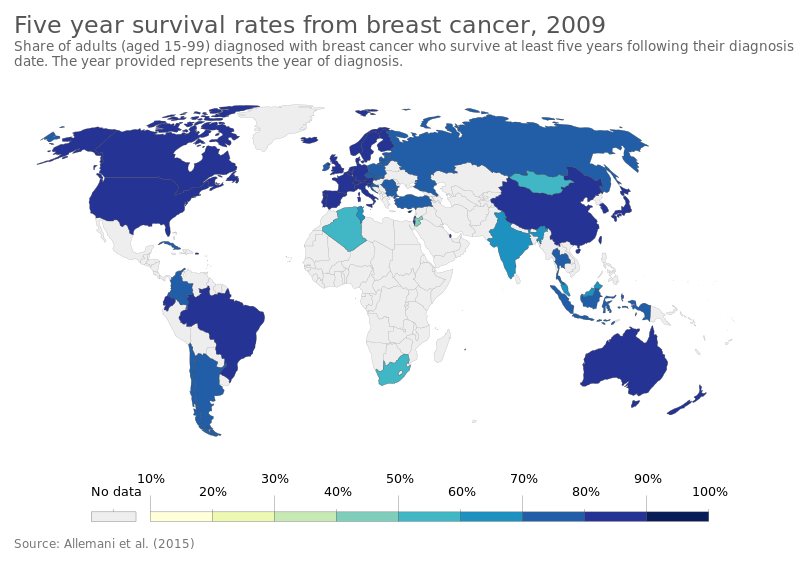Study Reveals Strong Link Between ADHD and PMDD in Women

A recent study led by researchers at Queen Mary University of London has uncovered significant evidence linking Attention Deficit Hyperactivity Disorder (ADHD) to an increased risk of Premenstrual Dysphoric Disorder (PMDD) in women. Published in the British Journal of Psychiatry on June 23, 2025, the research highlights the critical need for enhanced screening and support for women exhibiting symptoms of both conditions.
Premenstrual Dysphoric Disorder is a severe form of premenstrual syndrome characterized by debilitating emotional, physical, and cognitive symptoms occurring in the luteal phase of the menstrual cycle. Symptoms can include extreme mood swings, depression, and anxiety, which can have severe implications, including a heightened risk of suicidal tendencies.
The study, spearheaded by Dr. Thomas Broughton, a postdoctoral researcher, and Dr. Jessica Agnew-Blais, a senior lecturer at Queen Mary University, involved an online survey of over 700 women across the United Kingdom. Participants were queried about their ADHD diagnoses, PMDD symptoms, and co-occurring mental health conditions such as anxiety and depression.
Findings indicated that women with a clinical diagnosis of ADHD were over three times more likely to meet the diagnostic criteria for PMDD compared to their non-ADHD counterparts. Furthermore, those who reported high levels of ADHD symptoms and impairment, even without an official diagnosis, were over four times more likely to experience PMDD. The risk was particularly pronounced among women with ADHD who also had a diagnosis of depression or anxiety.
Dr. Agnew-Blais emphasized the historical oversight of ADHD in women, stating, "ADHD has long been perceived as a condition predominantly affecting boys, leading to a lack of attention on the unique challenges faced by women, particularly in relation to hormonal changes. Our research underscores the necessity to address health inequalities and biases in diagnosis for women and girls with ADHD."
Dr. Broughton added, "The relationship between ADHD and hormonal fluctuations, particularly during the menstrual cycle, warrants further investigation. Our findings suggest the need for improved awareness and diagnostic practices that consider the intersection of ADHD and PMDD in women."
The study's collaborative team included experts from King's College London and the University of Edinburgh, showcasing a multi-institutional effort to address these critical health issues.
The implications of these findings are profound, signaling a need for targeted PMDD screening for women with ADHD symptoms, regardless of formal diagnosis. This approach could lead to better management of PMDD and improve the overall well-being of women affected by both disorders.
In conclusion, the research highlights a pressing issue in women's health, calling for increased awareness and a re-evaluation of diagnostic criteria and treatment options for women with ADHD and PMDD. Future studies are necessary to explore the hormonal influences on ADHD symptoms and to develop effective interventions to support affected women.
Advertisement
Tags
Advertisement





